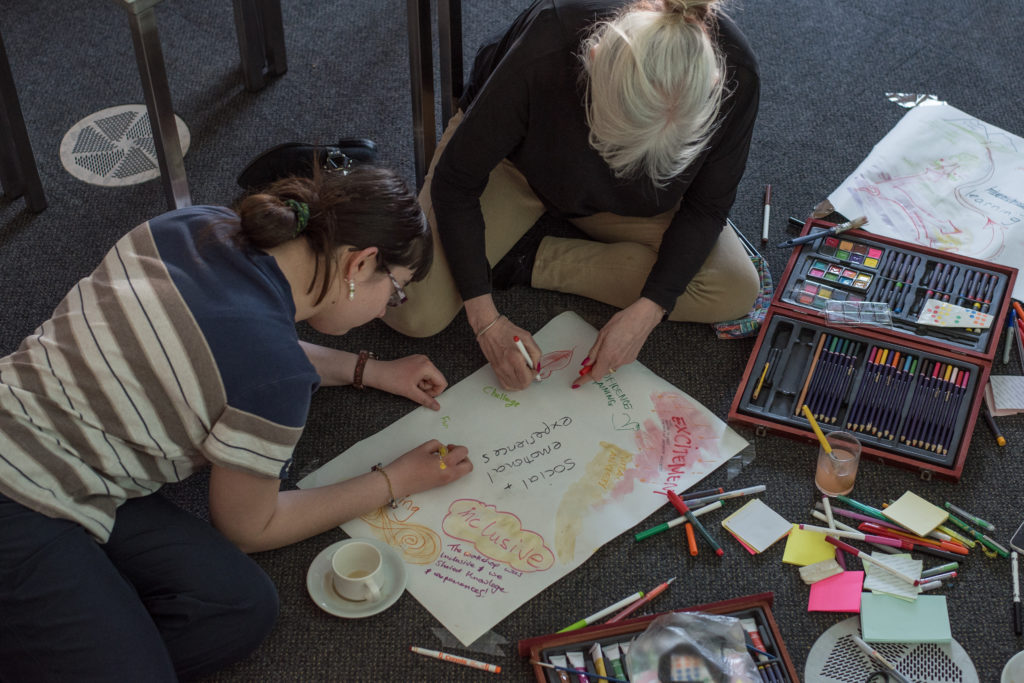
The Spaces of Hope project emerges from concerns that there is a rich history of community-led planning that hasn’t been recorded and is in danger of being lost. Many community groups and organisations have come together at different times and places to demand more power to plan their own futures. Their efforts are often intense and episodic. Whether energised or exhausted, people and their struggles move on. Campaign materials lie forgotten or end up being thrown away. Often there isn’t time to stop and reflect on what has been achieved.
We believe this history matters, firstly as an important record of people’s efforts but also because, taken together, these stories provide important insights into the shifting nature of community, planning and the grassroots struggles through which places change. As such, they are part of a critical counter-history, showing us that there are alternatives to dominant, market-led approaches to urban planning and development. We also wanted to explore how contemporary community campaigns can learn from this rich but often overlooked history.
We hope that the project has been a means to give voice and power to these otherwise hidden histories. However, we are mindful that community-based research needs to be approached carefully. There is a danger that research can draw on peoples’ time and energies, extracting or appropriating their stories without giving anything back. In our research we have sought to work with those involved to share their experiences and histories of community-led planning. We know that our work wouldn’t have possible without their contributions and are grateful for their generosity in sharing their time and memories with us. Where communities have the capacity, skills and desire to research and tell their own stories, we believe they are the best people to do this and we hope that the examples here might encourage more to do so.
We’d like our website to become a collaborative digital archive where groups and individuals can add their own stories, pictures and artefacts or share links to their own archives. For us it’s important that this isn’t about appropriating anyone else’s voices or experiences. Instead, we want to create an open-access platform for sharing and fostering a wider interest in community-led planning.
We hope that by working with a range of communities we have built a rich picture of the many different ways people have come together to shape their places. And that a better understanding of the history of community-led planning will spark debate and provide a source of inspiration and learning to work for more equitable and inclusive futures. We are also aware that our project has only identified a few of the many thousand different action groups, initiatives and campaigns that people have been involved in. We would be happy to include records of other initiatives or episodes on the site so please let us know if you have anything to add.